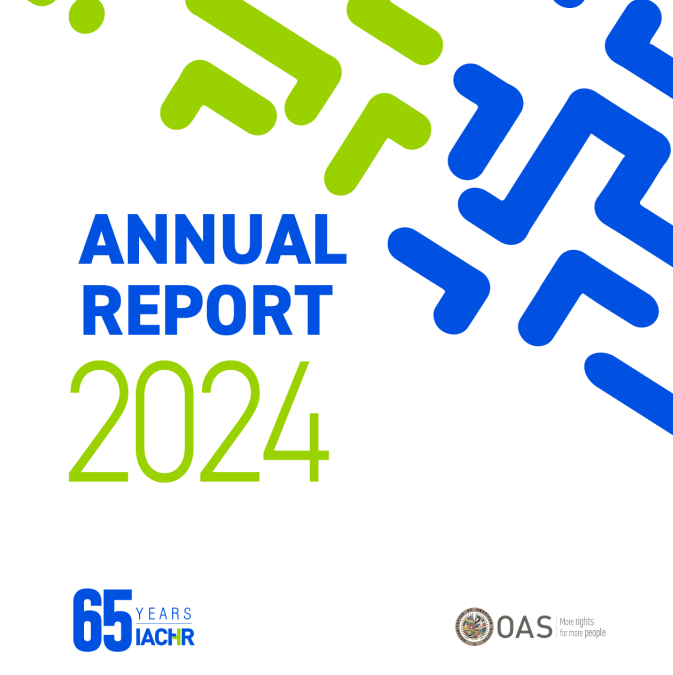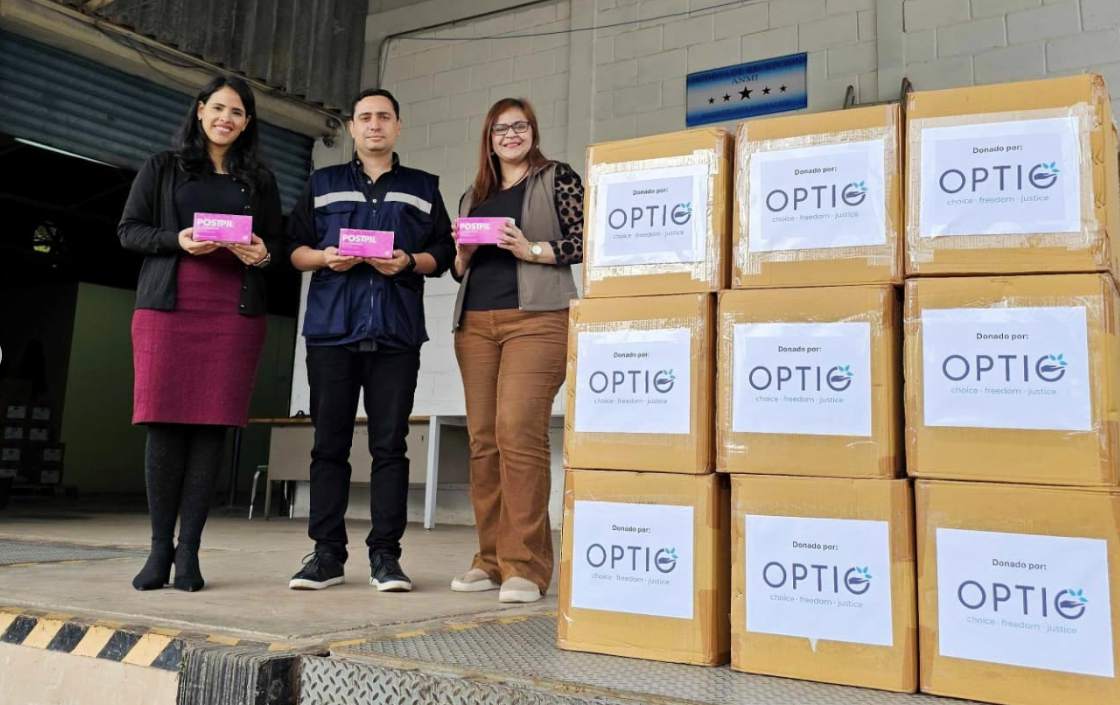Optio Trains Central American Reproductive Rights Defenders
For many women in Central America, accessing reproductive health services is an uphill battle. A combination of sexual and gender-based violence, discrimination, bans on emergency contraception, criminalization of abortion and extreme poverty lead to high numbers of unwanted pregnancies, mostly among adolescents. For almost a decade, Central American women have organized themselves in self managed teams to support these women and girls.
In July, Optio brought together 18 leaders of t reproductive health networks in an effort to improve their safety and expand on their skills and knowledge. During the week-long training, the reproductive rights defenders worked with experts in the region to: 1) share histories of advocacy from each Central America country, 2) develop protocols for helping women access vital reproductive health medicines and technologies in restrictive contexts, 3) establish cyber and mobile security standards, 4) and learn how to use portable ultrasounds to diagnose obstetric emergencies.
Over the next year, the attendees will use the materials developed in this workshop to train the reproductive rights defenders within their local teams. Optio is currently looking for funding to support teams in Nicaragua, Panama, Costa Rica and El Salvador.
IACHR Report Highlights Urgent Sexual and Reproductive Rights Issues in Latin America
The Inter-American Commission on Human Rights’ latest Annual Report highlights key human rights trends and challenges across Latin America—two of which Optio is actively working to address: access to contraception and media harassment of women and girls accused of...
“Entre mis Cicatrices” Exhibition Highlights Plight of Honduran Women in Restrictive Legal Environment
On February 27, 2025, the Museum for National Identity (MIN) and Optio inaugurated the powerful photography exhibition “Entre mis Cicatrices” , shedding light on the resilience of Honduran women who have faced criminalization following obstetric emergencies. The...
Optio Donates Emergency Contraception to the Honduran Ministry of Health on International Human Rights Day
In commemoration of International Human Rights Day, Optio reaffirmed its commitment to advancing sexual and reproductive rights in Honduras by donating 10,000 tablets of Postpil (emergency contraception) to the Honduran Ministry of Health. The donation will be...



